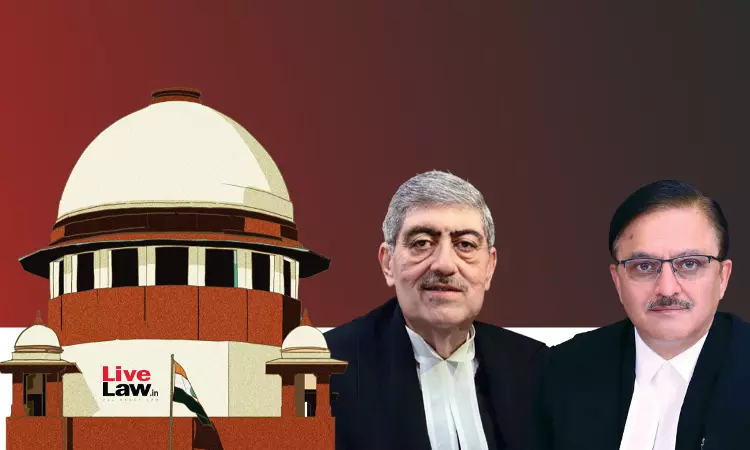In Service Jurisprudence, Service Rules Will Prevail Over Conflicting Government Resolutions : Supreme Court
Rintu Mariam Biju
17 March 2023 10:26 AM IST

Next Story
17 March 2023 10:26 AM IST
In Service Jurisprudence, Services Rules, which have a statutory effect will prevail and government resolutions can’t be conflict with the rules, the Supreme Court reiterated recently.“In service jurisprudence, the service rules are liable to prevail. There can be Government resolutions being in consonance with or expounding the rules, but not in conflict with the same”, a Bench of...
